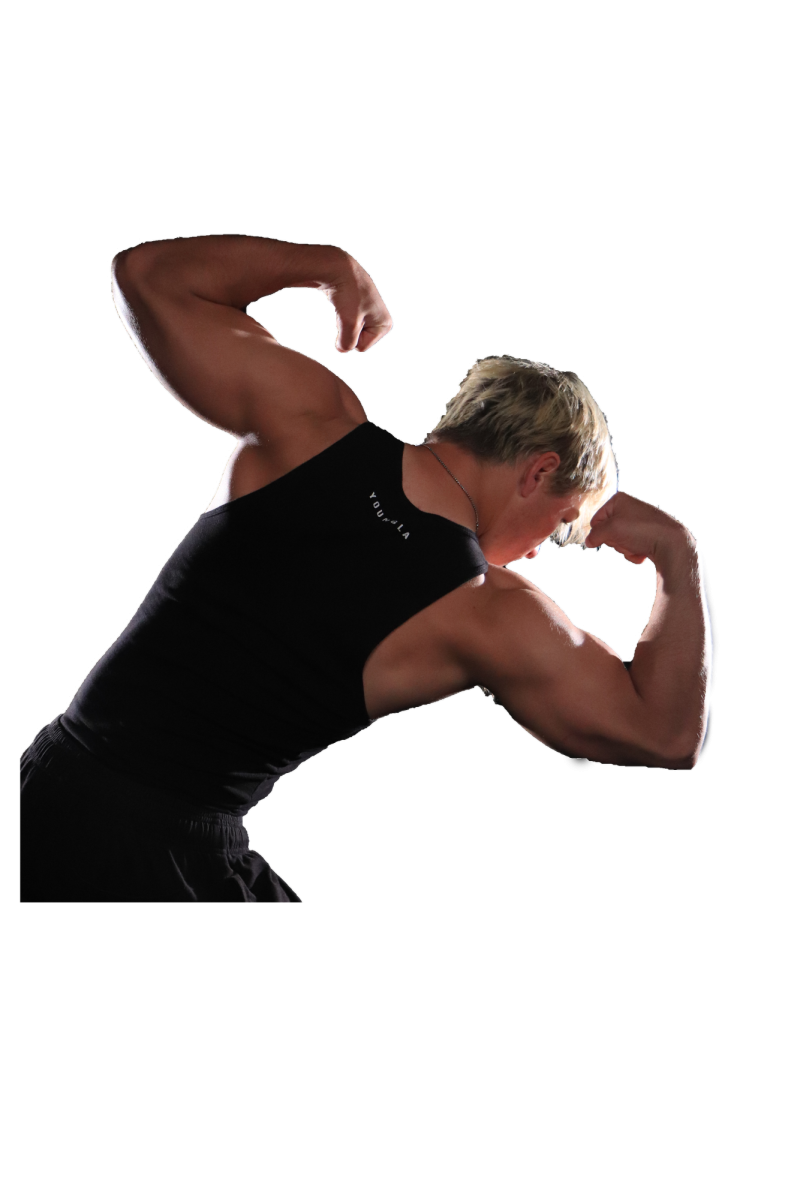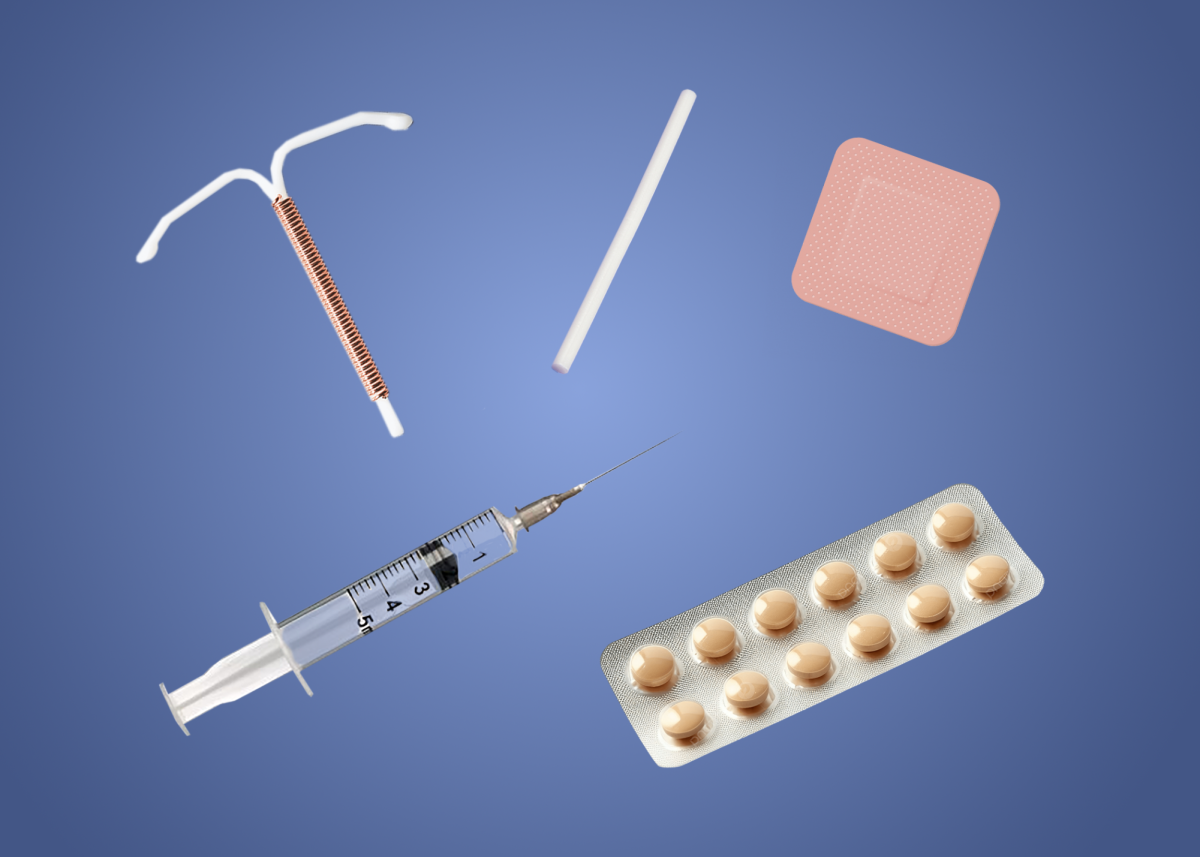From Stanleys to Hydro Flasks, walking through campus, it’s hard to make it across without spotting a trendy water bottle.
Though these bright colored water bottles are seen all throughout school, don’t let them deceive you into thinking high school students are properly hydrated.
According to Public School Works, approximately half of the students in the United States are dehydrated, and 1 in 5 teenage students don’t drink any plain water throughout the day. Growing up, children should be drinking eight ounces times their age in water daily. Once they reach the age of eight and beyond, eight glasses of eight ounces of water a day is recommended.

Freshman football player, Daniel Gardner shares that he may fall under the majority of dehydrated teens, “I don’t think I drink water as much as I should be. I drink about two-thirds of what I should be drinking.”
Without a sufficient amount of water, students can’t perform to the best of their academic ability. People’s concentration, attention span, and alertness all significantly decrease when they don’t drink enough water, thus, assignments and work given in school become harder to complete.

Doctor Betsy Mills, who earned her doctorate in neuroscience at Johns Hopkins University School of Medicine, shares that since all of the cells in the human body require water to function properly, when people are dehydrated the brain cannot function properly. She shares that the brains of dehydrated people show increased neuronal activation when performing cognitively engaging tasks, thus, meaning their brains are working harder to complete it.
“I usually get headaches at school when I don’t drink enough water. The bright lights also make it worse, so it’s hard for me to focus in class,” said junior Sadie Fletcher, who participates in club and school soccer.
Even just a slight 2% of dehydration can negatively affect people’s cognitive functioning, or the ability to perceive and react, process and understand, make decisions, and create appropriate responses to the environment.
When dehydrated, people may start to feel dizzy, excessively sleepy, get headaches, and even become irritable. Visible signs of dehydration include sunken eyes, pale skin, clammy and cold hands, and dry skin.
Varsity football coach and English 2 Honors teacher, Matthew Carroll, shared that he often sees signs of dehydration in his classes.

“You’ll see kids and their skin’s just not the normal color it is. Usually it’s paler. They’ll look clammy, but they’re not sweating. That’s usually an indicator, too,” Carroll said.
Care Hospitals points out that hypotension, or low blood pressure, due to not being properly hydrated, lowers the blood circulating around the body, thus, making the skin look more pale.
An inadequate amount of water can also impose issues on the entire human body, further meaning it can affect athletic performance.
Water supports and cushions joints, so without it, flexibility and speed are affected, and to help prevent cramping muscles, hydration is also a necessity in order for muscles to properly function.
“Sometimes it [dehydration] shows during practice. My lips will get dry, and after conditioning in the summer, my mouth would be dry,” Gardner said.
For every hour of activity, people can lose up to two quarts of fluid, and in endurance activities, such as running and bicycling, an hour can drain people of up to 3 quarts of fluid.
Doctor Sarah Eby, an MD and PhD, explains that while working out, to maintain hydration, people should be drinking four to eight ounces every 15 to 20 minutes. Another point she makes is that before and after exercise, people should weigh themselves. This way, they can see how many pounds they’ve lost, because for every pound lost, three cups of water should be consumed to replace the loss of fluid.
“I try to stay hydrated by drinking at least two Hydro Flasks at school and then more when I get home. When I have soccer, I usually try to drink a lot more during the day and before I have my game or practice,” Fletcher said.
No matter how big or small the case, dehydration actively takes a toll on the body, both mentally and physically. The effects of dehydration should act as a reminder to people that hydration is a major factor of their wellbeing.
“It’s safety, if you’re hydrated, you’re safe, especially in the heat,” Carroll said.








